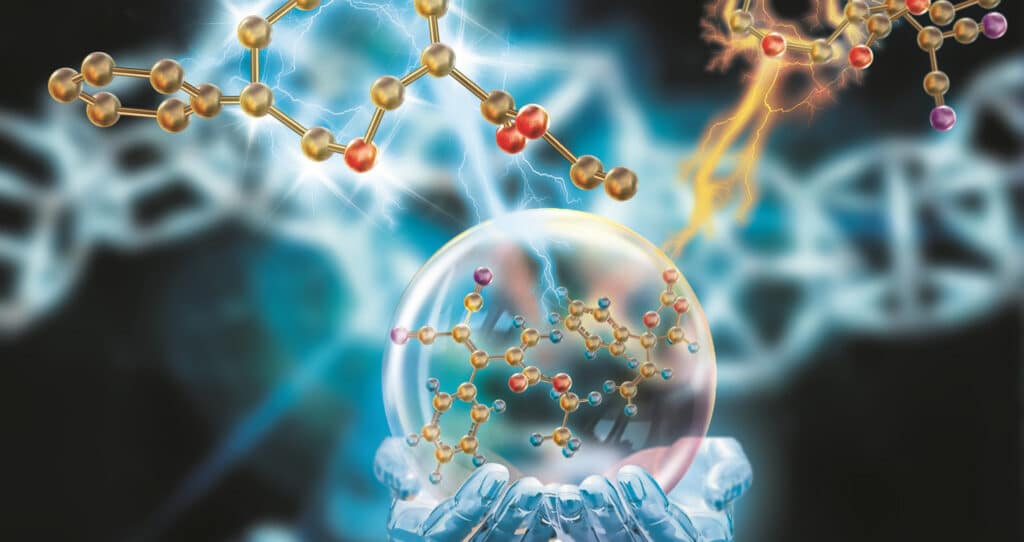Source: Carolina Odman and Kevin Govender, The Converstaion, 25 January 2021, photo credit: Royal Society of Chemistry
The term “Industry 4.0” has been used for years to describe the need for societies to adapt their work and productivity to the “4th Industrial Revolution”, in which new technologies bridge the virtual, physical and biological domains. These terms have become so dominant that governments have adopted them into their policies and planning.
Against this backdrop it is important to ask whether – and how – the world of science is effectively adapting to an ever more connected and data intensive world. Is there such a thing as “Science 4.0”? What does this mean for society?
As scientists who have been involved in research, technological development, advocacy, diplomacy and the realisation of societal benefits from science, we believe that yes, “Science 4.0” is real. It is about a revolution in which science is an integral part of society, rather than being confined to public or private laboratories and institutions of higher learning. It is about recognising that scientists are people, subjective and opinionated – and people are scientists, curious and eager to learn. It is about embracing new technologies to do better science more responsibly and more inclusively.
Over the past nearly three decades, we have observed trends that show what is possible. These include openness, the importance of data, artificial intelligence, inclusion and crucial changes in the culture of science.
Read more
The South African Pork Producers’ Organisation (SAPPO) coordinates industry interventions and collaboratively manages risks in the value chain to enable the sustainability and profitability of pork producers in South Africa.








